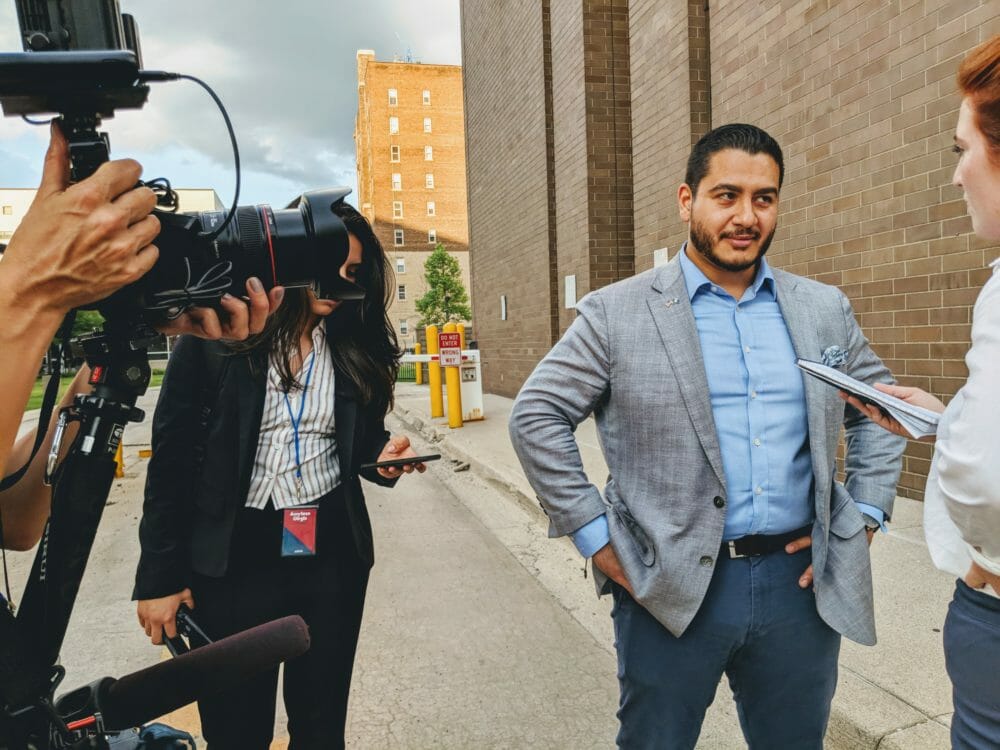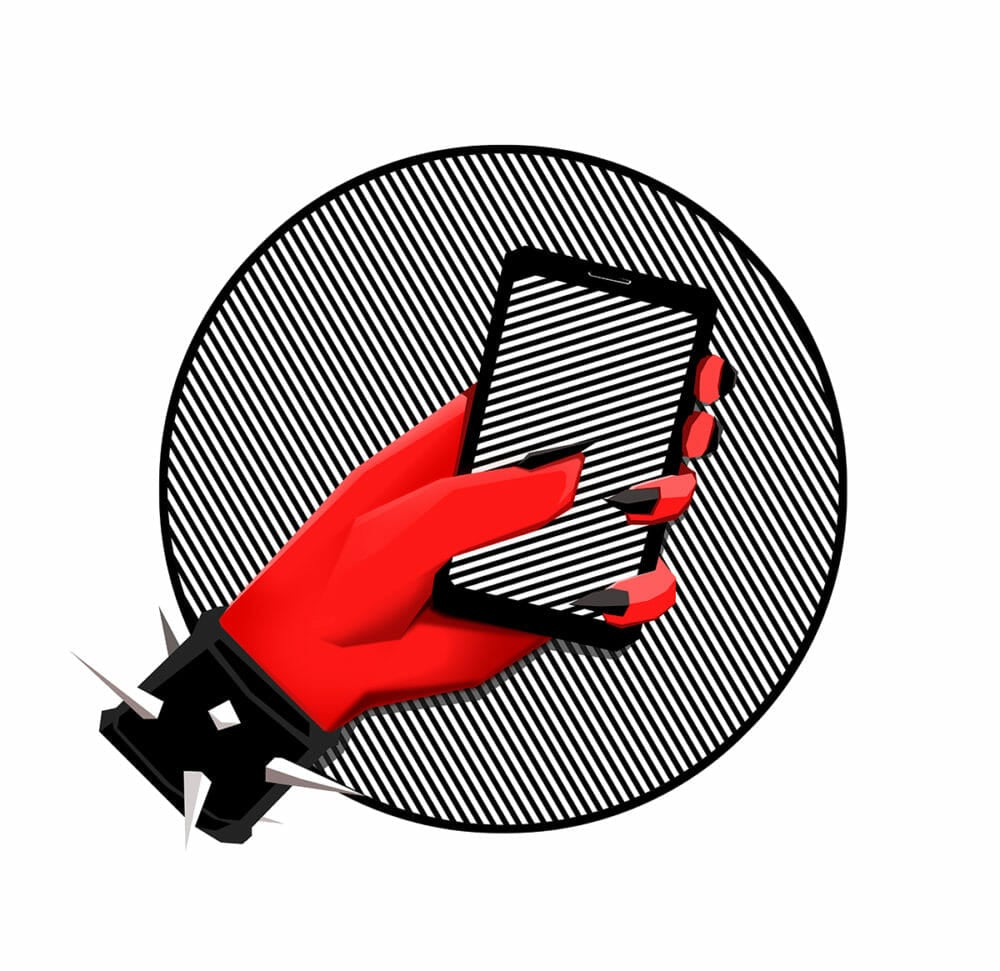If you could Imaginary Sex With A Woman Who Does Anythinghear it, what would a total solar eclipse sound like?
As the moon passes between the Earth and the sun, blotting out the star for millions on Monday, a team of scientists hopes that people around the United States will have the chance to listen to their vision of what an eclipse sounds like.
The team of researchers at the Georgia Institute of Technology created an original composition meant to represent the eclipse using sound.
SEE ALSO: A new app is designed to help blind people enjoy the solar eclipseEach tone in the composition represents a different aspects of the cosmic event, and it's designed to help people who are blind or have low vision experience the eclipse in their own ways.
"All people need access," Bruce Walker, one of the researchers responsible for creating the composition, said in a statement. "Sonification, or turning data into audible cues, is one way to provide it."
The composition makes use of high tones that represent the moon and low tones that stand in for the sun. Chirps and other animal noises represent the creatures that come out as totality begins or ends.
Nighttime creatures sing their songs as darkness descends during totality, and morning birds sing as it ends.
The music takes on an eerie quality as the 9-minute composition progresses. That eerie feeling is reportedly representative of what many people feel during an eclipse, as the moon makes the sun disappear from our perspective.
The tinkling sounds that begin during the totality phase of the composition represent the stars that you might be able to see as the sky goes dark as the sun disappears.
"Overall you're going to see a slowly building tension, and then the moment when the moon will start to touch the sun," Walker said in an interview.
The team tried to work around the idea that the eclipse is a "time for reflection" as well, Walker said.
The composition is a living thing.
Instead of just statically allowing it to represent the experience of watching a total solar eclipse from anywhere, the scientists who created the music have decided to use a musical algorithm on Monday to add other sounds into the base composition.
Those new sounds, added by algorithm, will represent the temperature, cloud cover, and other data points for Atlanta, Georgia and Hopkinsville, Kentucky, which will experience 2 minutes and 40 seconds of totality.
“I’ve never seen a total eclipse. But I’ve learned that witnessing totality is an emotional experience for many people,” Avrosh Kumar, another researcher on the team, said in the statement.
“Listening to music is also an emotional experience. It makes sense to combine both for Monday’s once-in-a-lifetime event.”
Featured Video For You
How to watch the solar eclipse without burning your eyes out









